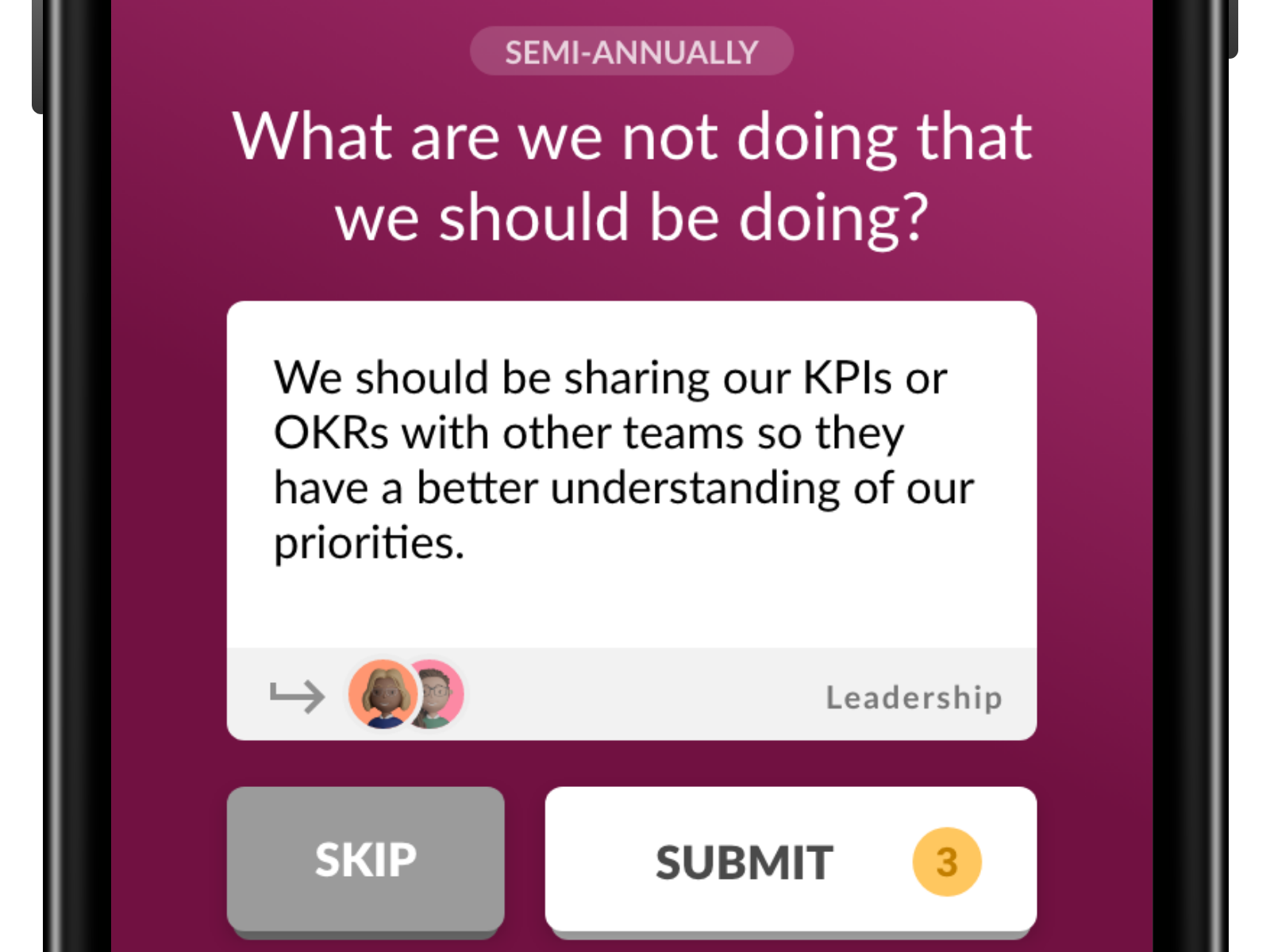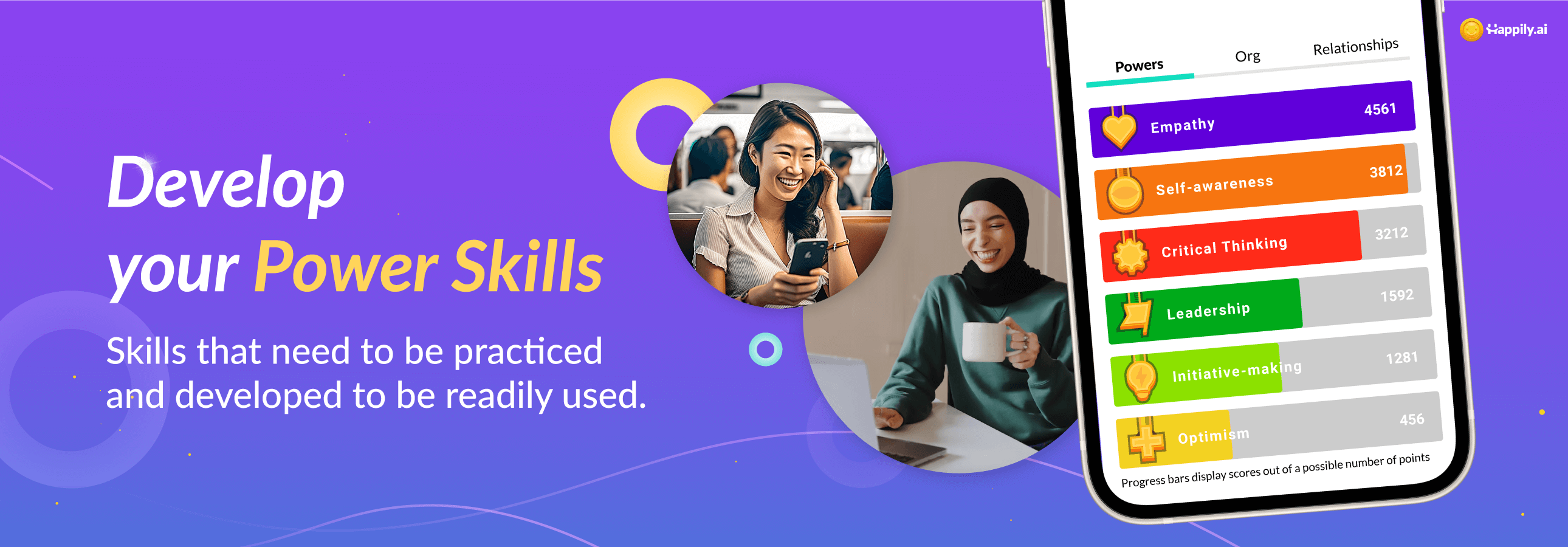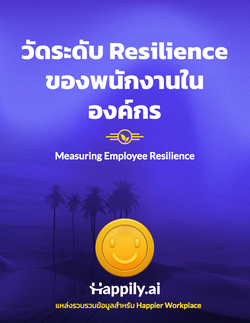As more and more job activities become automated, soft skills have become more critical. McKinsey reports that the demand for highly developed social and emotional skills will skyrocket. While soft skills can sometimes be more challenging to develop than hard (technical) skills, they are equally important in running a successful business.
Soft skills or human skills are non-technical abilities that relate to how people work and interact with others. Soft skills, often misattributed as innate traits, can be developed through practice and exercise, like any other skill. Researchers found that training soft skills makes employees happier with better productivity and generates a 250% return on investment (ROI) over time. Deloitte shows that over 90% of respondents rated soft skills as critical for increasing employee retention, improving leadership, and fostering a meaningful culture.
The impact of soft skills in the workplace is significant. When soft skills are lacking, it causes rifts and conflicts within organizations and becomes a source of toxic behaviors in the workplace. When practiced and developed by leaders, managers, and employees, businesses see a radical uplift in collaboration, productivity, and performance. Our study explores which soft skills impact performance at work.
The impact soft skills on performance
A total of 1,433 employees across 43 companies participated in our study. Six soft skills are evaluated: critical thinking, empathy, initiative making, leadership, optimism, and self-awareness. We measure the frequency and effort each skill is practiced as part of daily feedback. The more effort made to practice and exercise the skill, the sharper and more developed the skill becomes.
Soft skills affect people's ability to contribute to their goals and those around them. Top-down (manager) recognition is tied to performance towards goals. In contrast, lateral (peer) recognition measures a person's contribution to others or network effectiveness. Based on recognition analytics, participants are classified into four groups as follows:
Marginalized: Low peer recognition and low recognition from direct manager.
Under-utilized: Low peer recognition and high recognition from direct manager.
Hidden Talent: High peer recognition and low recognition from direct manager.
Superstars: High peer recognition and high recognition from direct manager.

What soft skills practiced by Superstars make them such high performers?
Our findings show that empathy and leadership skills significantly contribute to high performance. Empathy helps a person better understand problems and the needs of others around them, making them more adept at practical problem-solving. Leadership asks them to be daring, question the status quo, and understand the bigger picture, making them more effective at achieving the right results.

Moreover, the effect of soft skills on happiness and well-being was studied with daily happiness scores and the WHO-5 Well-being Index (from the World Health Organization). And we will look deep inside this study in our next article.
Subscribe to our newsletter to be the first to receive our upcoming study on soft skills’ impact on happiness and well-being
How to develop soft skills in your workplace
Soft skills, specifically empathy and leadership are critical for employee happiness, well-being, and business success. To reduce soft skill gaps in your workplace, we recommend the following strategies:
1. Identify skill gaps
Initiating self-reflection with 360-degree assessments is a good start. Peer evaluations can help employees identify and prioritize soft skills that need to be improved while also determining areas of strength and opportunity.
2. Lead by examples
Some skills, such as negotiation and empathy, are difficult to explain or learn. Role modeling becomes the primary way in which people understand how to behave. Therefore, leaders and managers must become strong examples and role models of soft skills.
3. Provide opportunities for practice
Consistency and practice are key. Learning a new skill outside of a real-world context or in isolation is counterproductive. Leaders and managers must allow individuals to test their newly acquired soft skills. For example, outdoor activities provide a fun and risk-free setting for practicing soft skills such as teamwork and communication. Hands-on assignments can also help employees practice problem-solving and creative thinking skills. These activities are rich with opportunities for practicing soft skills.
4. Regularly give feedback
Developing soft skills takes time because it requires a change of behavior rather than knowledge. Guide your employees down the right path by providing regular feedback; avoid punishment. Offer a safe environment for your employees to practice and fail.
5. Hire for soft skills
LinkedIn found that when new hires do not work out, 89% of talent acquisition professionals said that it is because they lack soft skills. Assessing a candidate's soft skills is essential. Asking situation-based interview questions, observing their communication habits, and checking references are best practices.

Conclusion
Soft skills underpin our ability to work with others towards individual and company goals Empathy and leadership are soft skills with the most significant impact on performance. The challenge with developing soft skills is that it requires consistent practice and an opportunity to exercise them in a real-world context.

Start by identifying gaps, leading by example, providing practice opportunities, regularly giving feedback, and hiring for soft skills. These skills enable organizations to effectively and efficiently use their technical skills without being hindered by interpersonal issues, conflicts, and a toxic culture.
Happily.ai helps reduce soft skills gap in your workplace
Happily.ai helps companies develop soft skills. We provide opportunities to practice soft skills in daily feedback, including critical thinking, empathy, initiative making, leadership, optimism, and self-awareness. There are no shortcuts, but we help you put the right pieces in place (within days, not months!). Check out how Happily.ai can drive positive behavioral change in your workplace. Make soft skills a top priority today!

References:
https://michiganross.umich.edu/alumni/dividend/fall2017/hard-facts-about-soft-skills
https://www2.deloitte.com/us/en/insights/focus/human-capital-trends/2016.html










